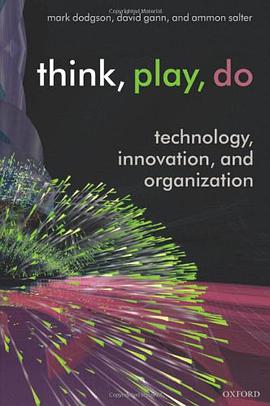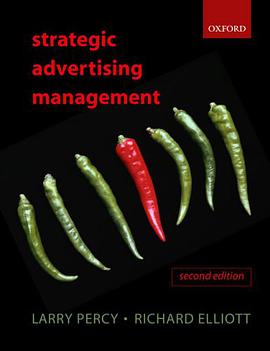

Led by editor Virginia Gutman, a unique assembly of respected mental health professionals explore ethical issues related to working with deaf clients, particularly matters of confidentiality, managing multiple relationships, and the clinician's competency to provide services, especially in communicating with and understanding deaf people. Irene Leigh commences by discussing her varied experiences as a deaf mental health practitioner, and Gutman follows with insights on ethics in the "small world" of the Deaf community. William McCrone discusses the law and ethics, and Patrick Brice considers ethics regarding deaf children, adolescents, and their families. In contrast, Janet Pray addresses concerns about deaf and hard of hearing older clients. Minority deaf populations pose additional ethical aspects, which are detailed by Carolyn Corbett. Kathleen Peoples explores the challenges of training professionals in mental health services specifically for deaf clients. Closely related to these topics is the influence of interpreters with deaf clients in mental health settings, which Lynnette Taylor thoroughly treats. Ethics in Mental Health in Deafness also features a chapter on genetic counseling and testing for deafness by Kathleen Arnos. The final section, written by Robert Pollard, examines ethical conduct in research with deaf people.
具體描述
讀後感
評分
評分
評分
評分
用戶評價
相關圖書
本站所有內容均為互聯網搜索引擎提供的公開搜索信息,本站不存儲任何數據與內容,任何內容與數據均與本站無關,如有需要請聯繫相關搜索引擎包括但不限於百度,google,bing,sogou 等
© 2025 book.quotespace.org All Rights Reserved. 小美書屋 版权所有




















